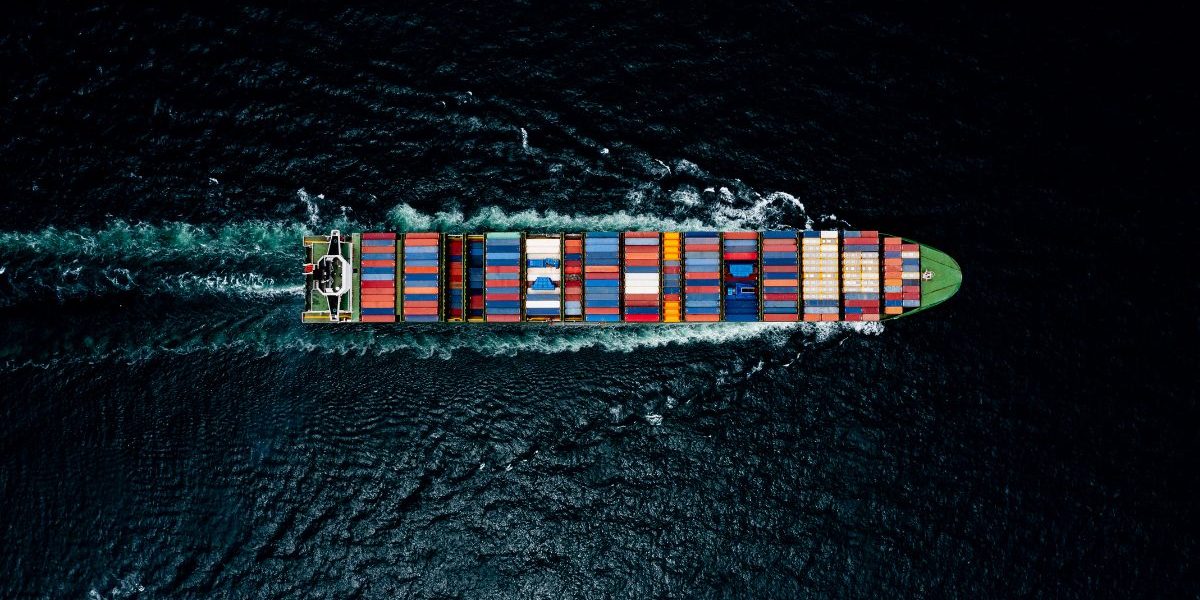Ongoing US–China geopolitical rivalry could harm Africa. As in the case of the Cold War between the United States and the Soviet Union, when African countries were treated like pawns on a global chessboard, African countries risk getting caught in current US–China geopolitical tensions. These are intensifying following the COVID-19 pandemic when many Africa states are facing their worst socio-economic crisis since independence, as well as a sovereign debt crisis not seen since the 1980s. Africa is institutionally underprepared for the combined effects of these developments. Partly, this is due to persistent governance deficiencies, a constrained global trading environment, and economic under-performance continent-wide. And partly, this is accounted for by Africa’s marginal position in the global system. This article outlines Africa’s potential development pathways against this harsh backdrop, assessing the options for African agency in response to geopolitical rivalries playing out in technology, global supply chains and trade.
Introduction
This article focuses on African agency in response to three main theatres of engagement that define US–China geopolitical rivalry, namely technology, global supply chains, and trade. How does this superpower friction impact the African continent, especially in the current, post COVID-19 pandemic era? Discussion of the US–China geopolitical rivalries must of course also take into account other factors that have triggered tremors in the global system, for instance the Russia-Ukraine war. Both the pandemic and the conflict in Eurasia have adversely affected the global economy and disrupted global supply chains, with attendant macro-economic shocks. However, the specific events related to the Russia-Ukraine war are beyond the scope of this work, which focuses on the period between 2018 and late 2021. These years include assessment of US policy under the administration of President Donald Trump and in the early years of the administration of President Joe Biden. Historical references are included where relevant to the discussion of African agency and geopolitics.
Since the events around US–China geopolitical rivalry are constantly evolving, long-range analysis is highly speculative at best. US–China tensions are deep-seated and multifaceted, as they are rooted in contestation over trade and technological supremacy. However, historical references help to contextualise the current frictions. The authors borrow from conceptual frames that consider the uses of structural power in international relations along the three focal areas of technology, global supply chains, and trade, analysing how these geopolitical tensions may possibly affect the African continent and discussing what responses the continent might offer. What agency is exhibited in African actors’ actual and potential behaviours along the three focal areas?
As such, this article makes three contributions. First, it outlines the evolution of the geopolitical tensions between China and the US, particularly in the areas of technology, global supply chains and trade. Second, it explores the manifestations of these tensions in those three areas for several different kinds of African actors, especially in the post COVID-19 context. Third, it shows how these African actors have, or could have, exercised agency in their given circumstances. Finally, the authors distil key lessons and conclude. The main observations arising from this analysis are that there is an inevitable shift in the underlying structure of global power, that this shift will induce strain on multilateral institutions and undoubtedly affect the African continent, and that there is a need for African countries to hone and better project their agency to ensure optimal outcomes for Africa from those global power shifts.








